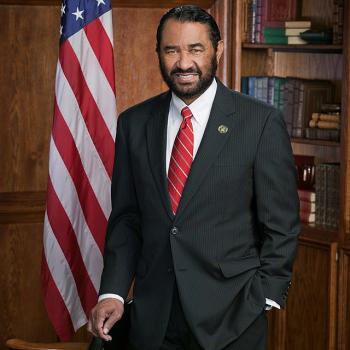A federal judge has ruled that the government’s latest sally into police statism is unconstitutional.
Calling the practice of sweeping every phone conversation of every American into a government database “almost Orwellian,” Judge Richard Leon ruled that it also violates the Fourth Amendment to the Constitution of the United States.
Here, for those who’ve forgotten, is the Fourth Amendment:
The right of the people to be secure in their persons, houses, papers, and effects, against unreasonable searches and seizures, shall not be violated, and no Warrants shall issue, but upon probable cause, supported by Oath or affirmation, and particularly describing the place to be searched, and the persons or things to be seized.
Reading that amendment, I can’t help but wonder if the founding fathers might not have agreed with Edward Snowden, the much-maligned, man-without-a-country whistleblower who made the American people aware of what was being done to them. Who, in the final analysis, is more dangerous to our freedoms? Is it Mr Snowden? Or, is it the people in our own government who are building a huge storage facility in Utah to house the data they’ve accumulated from turning every American citizen into a suspect?
Governments all over the world have complained about NSA spying on their citizens. But until Judge Leon stepped into the fray, the only one who was willing to take the risk of speaking up for the American people was one lone whistleblower.
From the Guardian:
A federal judge in Washington ruled on Monday that the bulk collection of Americans’ telephone records by the National Security Agency is likely to violate the US constitution, in the most significant legal setback for the agency since the publication of the first surveillance disclosures by the whistleblower Edward Snowden.
Judge Richard Leon declared that the mass collection of metadata probably violates the fourth amendment, which prohibits unreasonable searches and seizures, and was “almost Orwellian” in its scope. In a judgment replete with literary swipes against the NSA, he said James Madison, the architect of the US constitution, would be “aghast” at the scope of the agency’s collection of Americans’ communications data.
The ruling, by the US district court for the District of Columbia, is a blow to the Obama administration, and sets up a legal battle that will drag on for months, almost certainly destined to end up in the supreme court. It was welcomed by campaigners pressing to rein in the NSA, and by Snowden, who issued a rare public statement saying it had vindicated his disclosures. It is also likely to influence other legal challenges to the NSA, currently working their way through federal courts.
The case was brought by Larry Klayman, a conservative lawyer, and Charles Strange, father of a cryptologist killed in Afghanistan when his helicopter was shot down in 2011. His son worked for the NSA and carried out support work for Navy Seal Team Six, the elite force that killed Osama bin Laden.
In Monday’s ruling, the judge concluded that the pair’s constitutional challenge was likely to be successful. In what was the only comfort to the NSA in a stinging judgment, Leon put the ruling on hold, pending an appeal by the government.
Leon expressed doubt about the central rationale for the program cited by the NSA: that it is necessary for preventing terrorist attacks. “The government does not cite a single case in which analysis of the NSA’s bulk metadata collection actually stopped an imminent terrorist attack,” he wrote.












